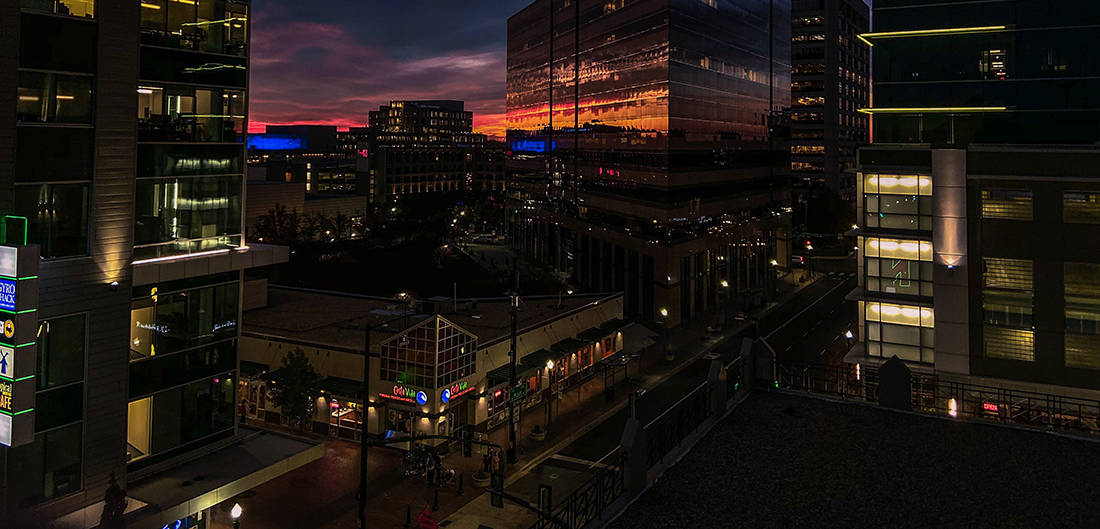


Most discussions of municipal budgets are based on topline numbers, percentages of increase and growth, and perhaps a nod to significant new expenditures and public works. These things are important, no doubt, but often the most interesting components of such budgets are the smaller changes, which may appear mundane or insignificant, but which are very revealing when it comes to the scope and direction of public policy.
Take Boise, Idaho, for example, where Mayor Lauren McLean recently garnered significant condemnation for a startlingly aggressive transition team report labeled by critics as a “socialist wish list.” While the city's latest budget proposal does not include the report's most controversial suggestions, McLean’s spending proposal still includes eyebrow-raising expenditure proposals that are as notable for their naked ambition as for their price tag.
Does half a million dollars for an "Alternative Transportation Culture Campaign" sound reasonable? Pitched at $100,000 per year for five years, this quixotic endeavor proposes to "create a culture where public transit, bicycling, and walking are viewed as first choices" and to make people "more comfortable and motivated to use alternative modes of transportation."
McLean’s budget takes a defensive turn, opining that "changing habits takes time and this campaign is envisioned to last five years to help people get out of their comfort zone of driving everywhere."
Since when is the role of city government to push people "out of their comfort zone"?
This isn't the only budget item that appears to target "single-occupancy vehicle (SOV) trips." Described as a "membership-based, public-private partnership," "City Go" is another marketing initiative that aims to raise "awareness of available services to increase public support, and use, of alternatives to single occupancy vehicle (SOV) trips."
It's also a $100,000 budget item, so it would appear that its membership fees are not sufficient to make the endeavor self-supporting. But with a grandiose vision to "shape the future of mobility in Boise," what's another hundred grand here or there?
What is the money for, though? It appears to be primarily for increased "marketing capacity to effect commuter behavior change." Once again, the city is actively pushing an agenda that runs contrary to the choices made by some of its residents.
Do you want your hard-earned dollars used to "help the City achieve its transportation and sustainability goals through SOV trip reduction"? Because that's what is proposed in this budget.
Let’s examine another $100,000 item to the list. The mayor’s proposed "Urban Pathway Master Plan" would "permit the City to hire a consultant to assist in public engagement and the creation of a non-motorized, off-street pathway master plan along canals and irrigation ditches within Boise."
This is only a "first step," mind you, but the city wants to create "a system of non-motorized, off-street pathways connecting the Greenbelt to key destinations and transportation corridors within the City."
All it needs is more of your money.


